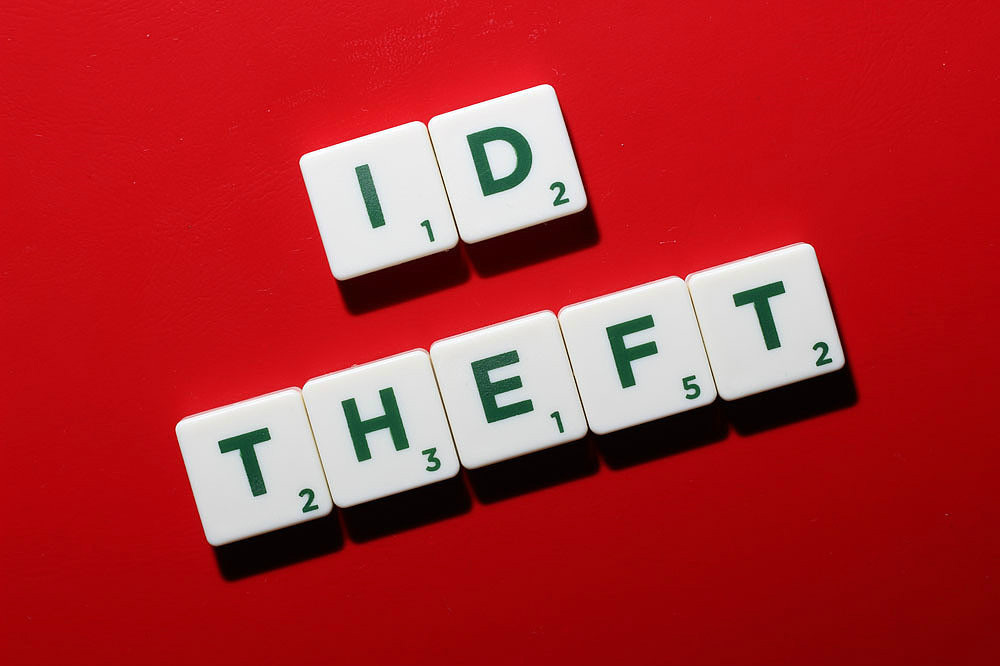When it comes to identity theft myths, there are some prevailing mistruths that might lead to continued consumer apathy. In hopes of helping people know how to stay safe, this blog post will examine some of the most popular identity theft myths we’ve encountered and the truth of each matter.
Identity Theft Myth # 1: I would immediately know it if my identity was stolen.
On average, it takes people 12 months before they notice their identity was stolen. That’s according to the U.S. Federal Trade Commission. Unfortunately, a tremendous amount of damage can be done in that time frame.
Identity Theft Myth #2: Identity theft is just a financial crime.
While most people automatically associate identity fraud with hacked bank accounts and stolen credit cards, there are a number of different ways in which your identity can be stolen.
For instance, a thief who has stolen your Social Security number can apply for a job under your name; steal government benefits; or even file for and obtain your tax refunds. Insurance identity fraud involves taking advantage of your medical services—and sticking you with the bill. Read about some of the most common types of identity theft in our Identity Theft 101 post.
Identity Theft Myth #3: Identity Theft is pretty quick to fix and easy to do yourself if it does happen.
Quite the contrary if you ask most any victim. Amy Bailey relied on her husband, James to fix the damage after her identity was stolen. It was a daunting task, he says, one that took an inordinate amount of time.
“I can’t tell you how many hours I spent on the phone,” James said. “It’s a maze to get to anyone and then they’ll say ‘oh, you have the wrong number.’ It goes on and on and on. I can’t even count the hours I spent on hold or waiting for someone to answer a call. I’d spend a whole day just trying to run one of them down — Macy’s or The Limited.”
The average victim can spend upwards of 200 hours on the phone dealing with credit card companies, banks, governmental agencies, etc. trying to fix the damage. And remember, the calls have to be made during normal work hours, Monday through Friday from 9 a.m. to 5 p.m. generally.
Identity Theft Myth #4: If you monitor your credit report you don’t need to subscribe to an identity theft restoration service.
Credit monitoring is a good tool, but it’s extremely important to understand its limitations. The biggest limitation is credit monitoring doesn’t do anything to actually prevent or fix identity theft. Additionally, there are plenty of types of identity theft that won’t show up on your credit report. The Federal Trade Commission concurs: “Credit monitoring only warns you about activity that shows up on your credit report. But many types of identity theft won’t appear. For example, credit monitoring won’t tell you if an identity thief withdraws money from your bank account, or uses your Social Security number to file a tax return and collect your refund.”
Medical Identity Theft, which is a fast-growing and extra dangerous form of identity theft (your health records can become intertwined with the criminal’s, potentially leaving your very life at risk), likely won’t show up on your credit report immediately. By the time a medical collection notice shows up in your mail, a tremendous amount of damage could have been done. For other types of identity theft that won’t show up on your credit report, visit our blog post.
Identity Theft Myth #5: No one I know has had their identity stolen so it must not be that pervasive.
Au contraire. It’s not only pervasive, it reached new heights in 2016. The 2017 Identity Fraud Study, released by Javelin Strategy & Research, found that $16 billion was stolen from 15.4 million U.S. consumers in 2016, compared with $15.3 billion and 13.1 million victims a year earlier. In the past six years identity thieves have stolen over $107 billion. And now thanks to the Equifax breach, 145 million people had their names, addresses and Social Security numbers breached. Indeed, considering that breach and the myriad others in the last few years, it’s best to assume your info is on the dark web and/or in the hands of fraudsters.
Identity Theft Myth #6: I froze my credit so my identity is safe.
While a credit freeze is helpful, it mainly protects against new account identity theft and it certainly doesn’t stop a thief from misusing an existing account or credit card, which is exactly what happened to one unlucky Kentucky resident whose first clue her identity had been stolen came in the form of bills for thousands of dollars in purchases made on various retail credit cards. Her credit cards hadn’t been lost or stolen yet — they were safe in her wallet — but someone had clearly compromised them.
While a credit freeze is one defense against identity theft, there are definite limitations. It won’t protect you from all types of identity theft, including medical identity theft and tax identity theft, and might give you a false sense of security. If you want real peace of mind, sign up for an identity theft restoration membership, that way if your identity is stolen, you’ll know exactly who to call to fix the damage.
LibertyID provides expert, full service, fully managed identity theft restoration to individuals, couples, extended families* and businesses. LibertyID has a 100% success rate in resolving all forms of identity fraud on behalf of our subscribers.
*Extended families – primary individual, their spouse/partner, both sets of parents (including those that have been deceased for up to a year), and all children under the age of 25
Photo Credit: Identity Theft, CafeCredit.com, Creative Commons Attribution-ShareAlike 2.0

